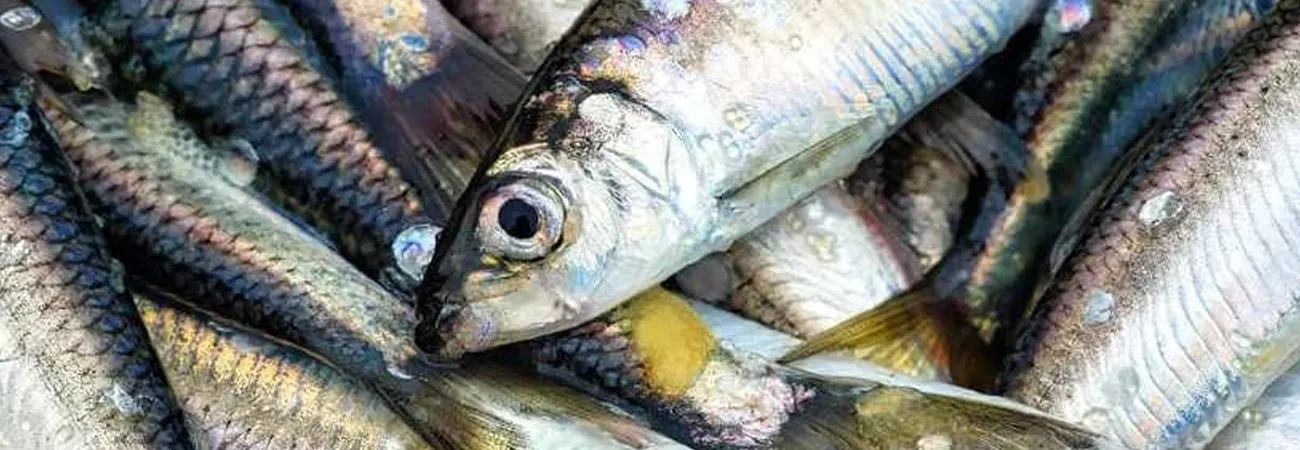i ECONOMY
The government of Balochistan has constituted a Technical Working Group (TWG) for formulation of fisheries policy afresh and revision of the legal framework. TWG comprises a total of 26 members with a chairperson, 10 full members, four observers (including fisher folk community/associations, exporters, civil society organisations and donors), two group secretaries (one for marine and the other for inland fisheries) and seven members on-call to represent relevant federal and provincial departments against request through proper channel on a time-to-time basis. According to a notification, the secretary of the Fisheries and Coastal Development Department (F&CDD), Balochistan, will act as its chairman and a representative of the Food and Agriculture Organisation of the United Nations (FAO) will be its convener.
Balochistan has huge potential in the fisheries sector, and its population in the coastal belt mainly relies on fishing for its livelihoods. Almost all of the fish produced in Balochistan comes from marine capture along the 1,130-kilometre coastline stretching from Sindh in the east to Iran in the west.
Over 150,000 tonnes of fish are caught by an estimated 52,000 fishermen operating 7,186 boats in the province. This represents a third of the total Pakistan catch; Sindh, with its much wider continental shelf, accounts for the remainder of the marine catch. The major species caught are sea catfish (20,518 tonnes), hairtail (14,661 tonnes) and sardines (10,918 tonnes). There have been considerable variations in catch of individual species over the years, though the total catch has not varied more than about 7% in the last 10 years. The catch is worth more than Rs12,698 million, contributing less than 1% to Pakistan’s gross domestic product. It is estimated that 300,000 people are dependent on the industry. Fishing activity is concentrated in eight larger ports/landing sites, with another 30 smaller sites. Of these, Gwadar and Pasni are the most important; both are in the Gwadar district.
There is a serious problem of poaching in Balochistan’s territorial sea by trawlers from the Sindh province. These vessels tend to use gears such as trawls and seines, which are banned in Balochistan and are very destructive. The catch of these vessels is not recorded as part of the Balochistan catch. Monitoring, control and surveillance (MCS) is very weak in Balochistan, mostly due to a lack of funding. Appropriate infrastructure is lacking in all landing sites. Nearly all of the fish catch is landed across beaches. Jetties, quays and auction halls are urgently needed to improve the quality and value of landings. Fish receiving stations and processing centres, as well as associated services, such as ice plants, boat repair and engine maintenance facilities, exist all along the coast in the major landing sites. The fish receiving stations often act as satellite stations for processing plants based in Karachi, where value addition (if any) takes place to the catch.
Most of the catch landed in Balochistan is sent by road to Karachi along the Makran highway, where it then enters the Pakistan market or is exported. There is little direct export from Balochistan to international markets, though some fish goes to Iran. Fisheries statistics are collected by the fisheries department in all the major landing sites, but the collection system needs improvement to be more comprehensive. Better interpretation of the data will lead to better application of management tools.
Credit: Independent News Pakistan (INP)









